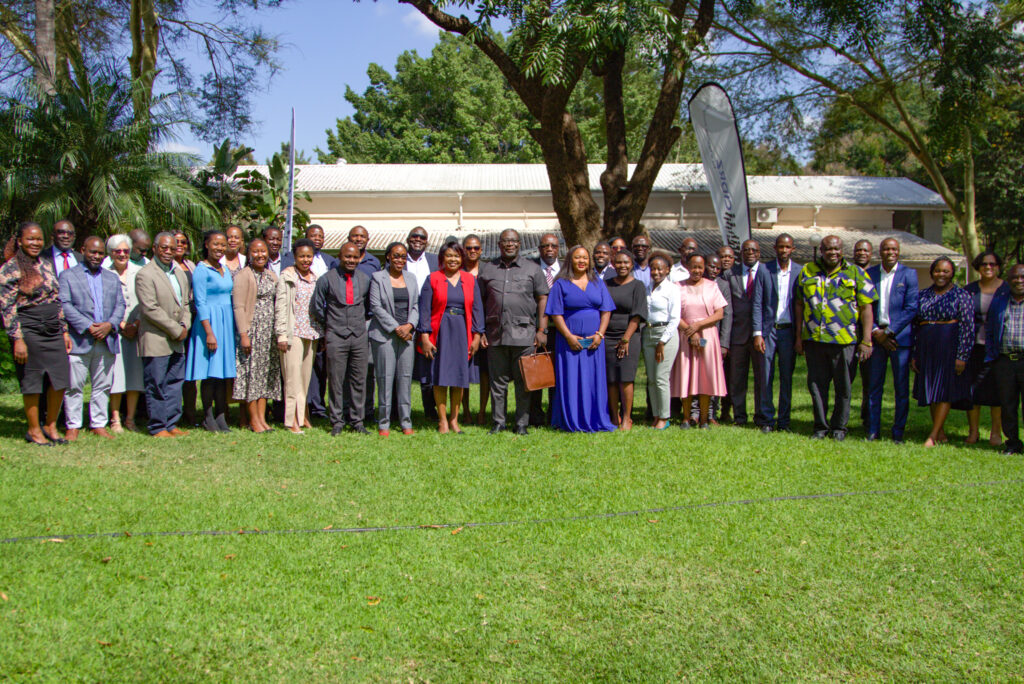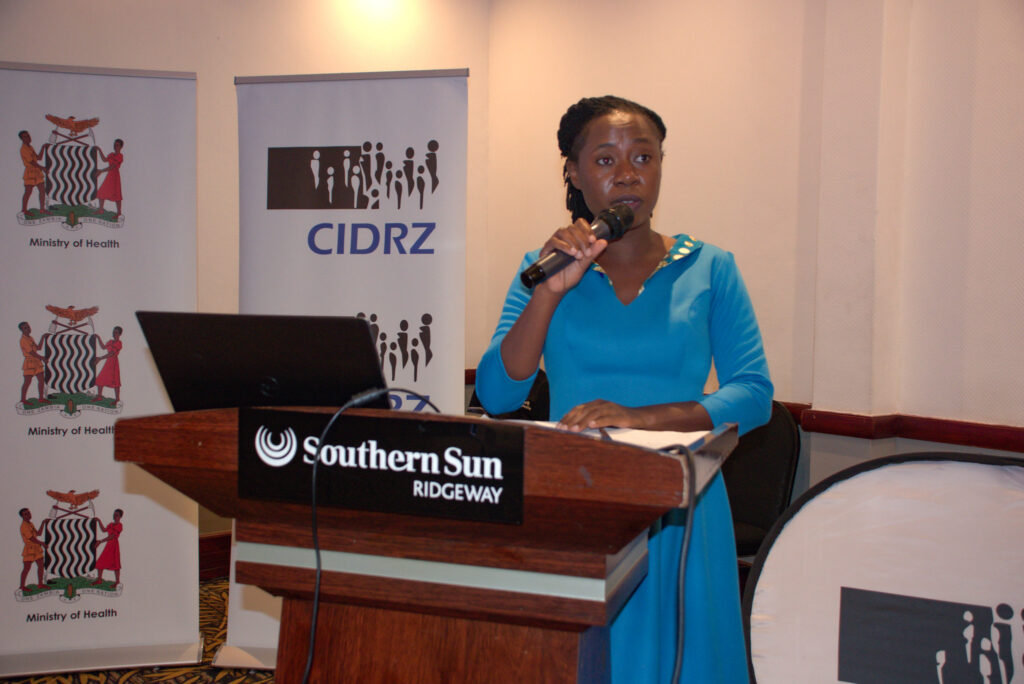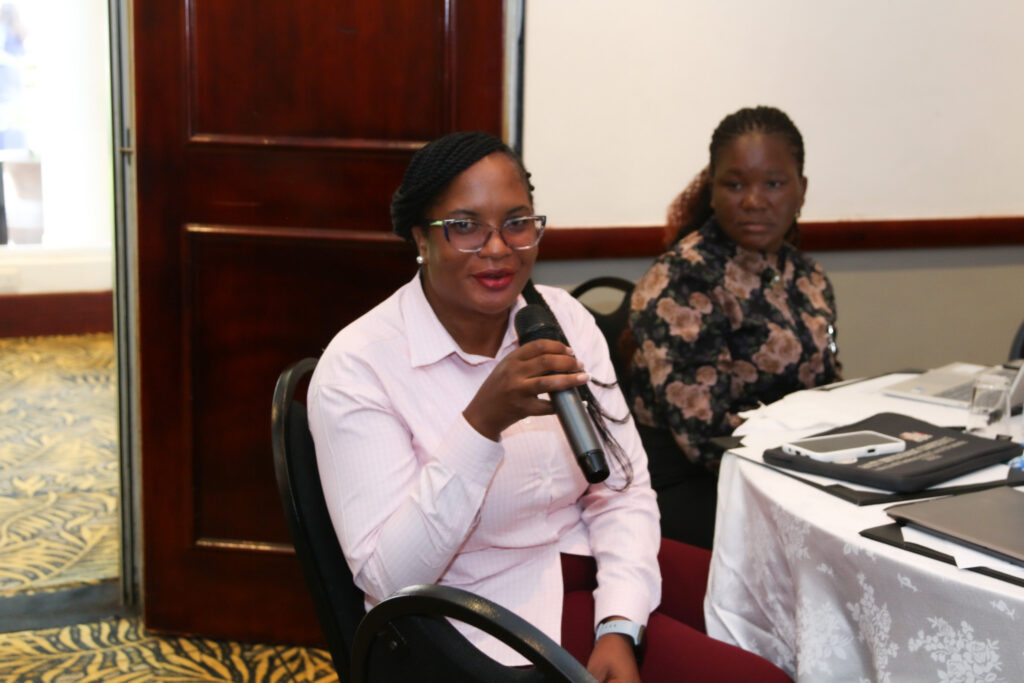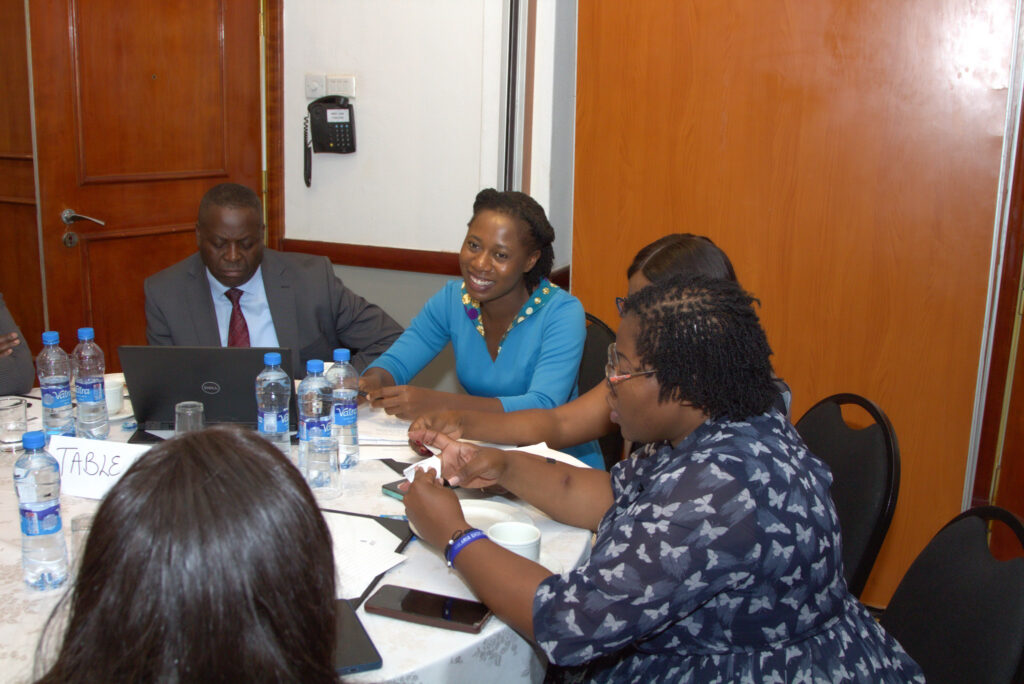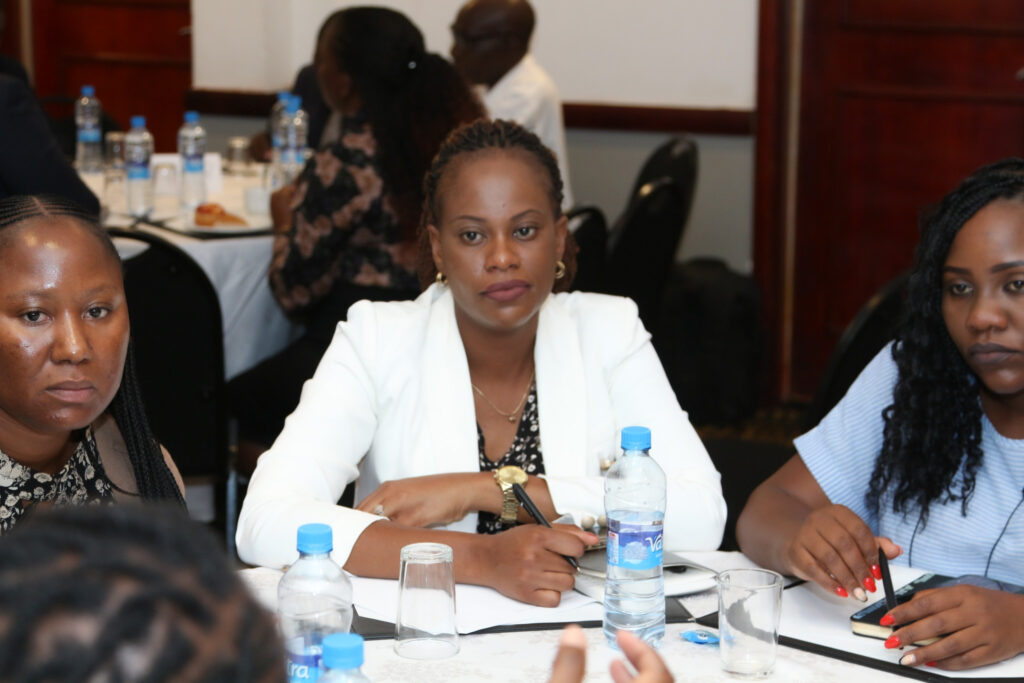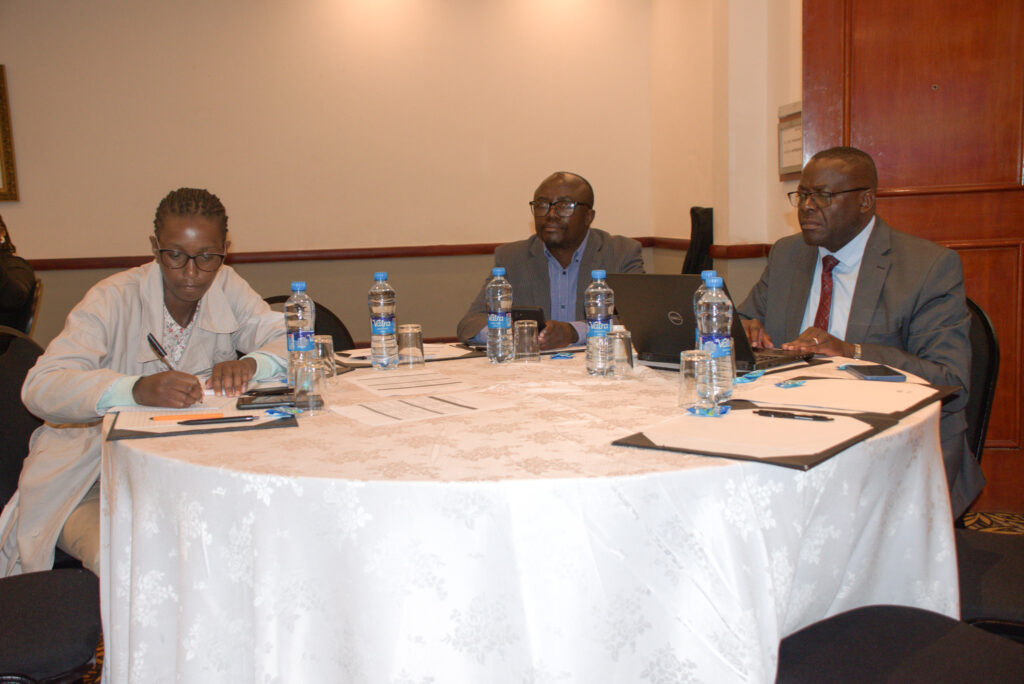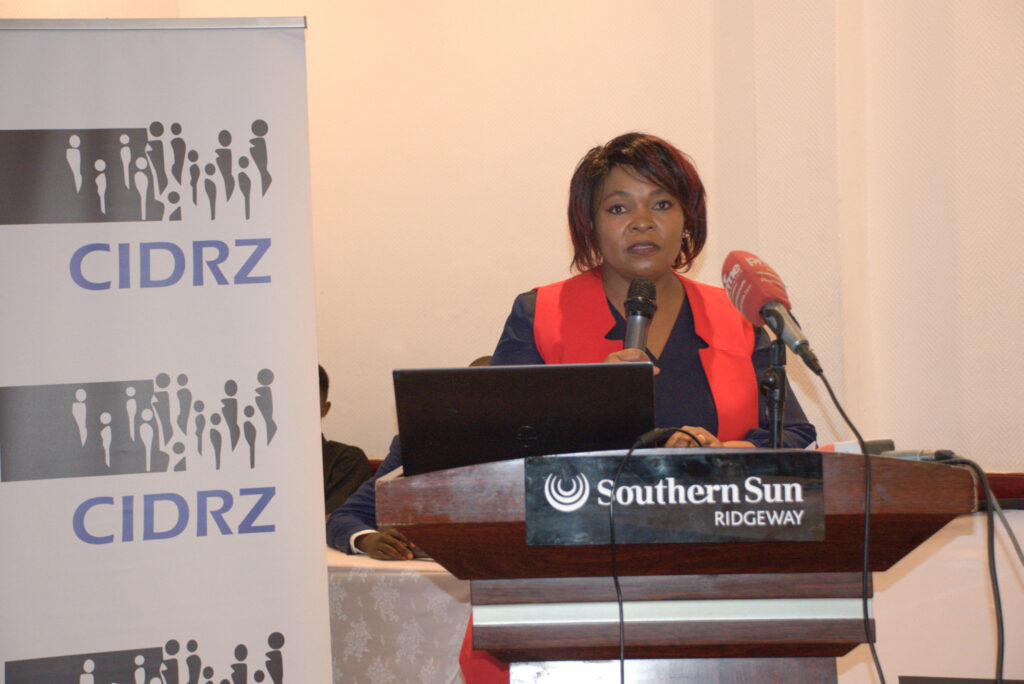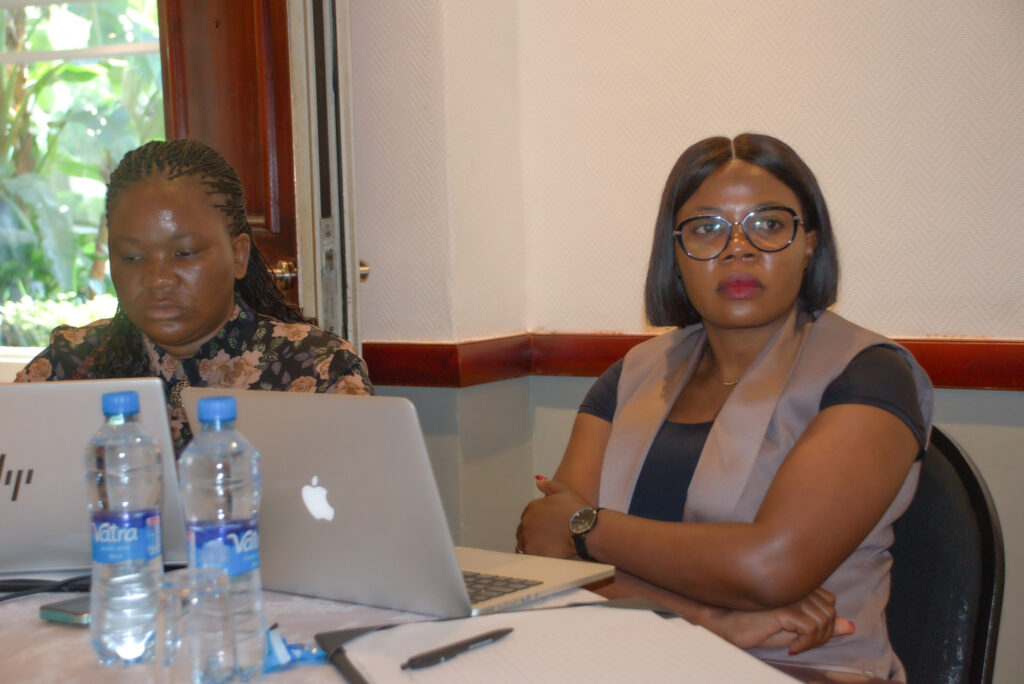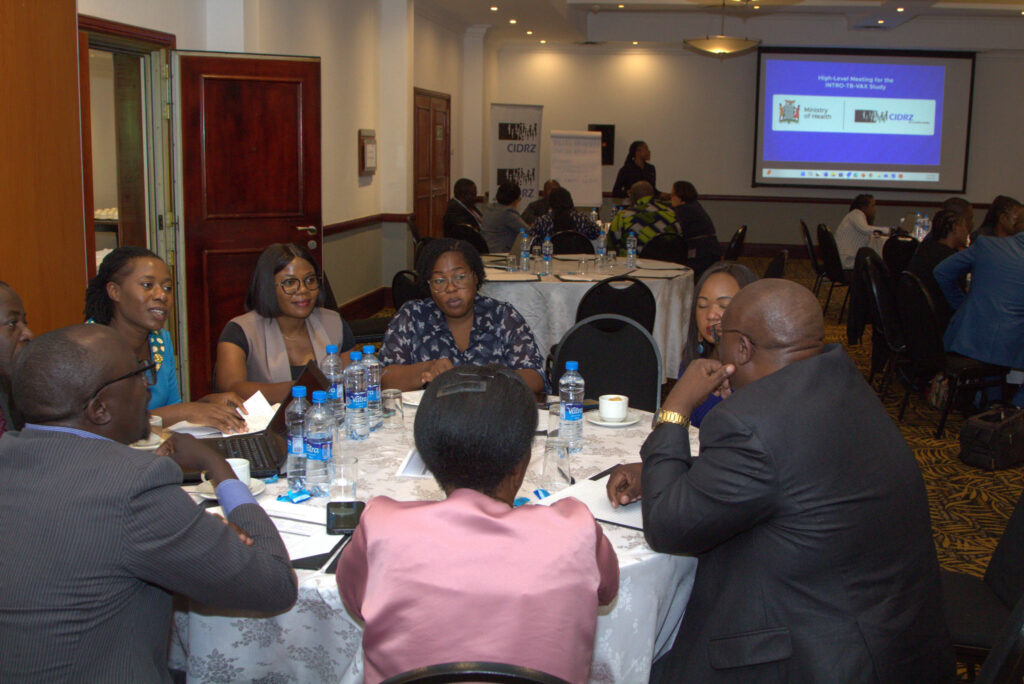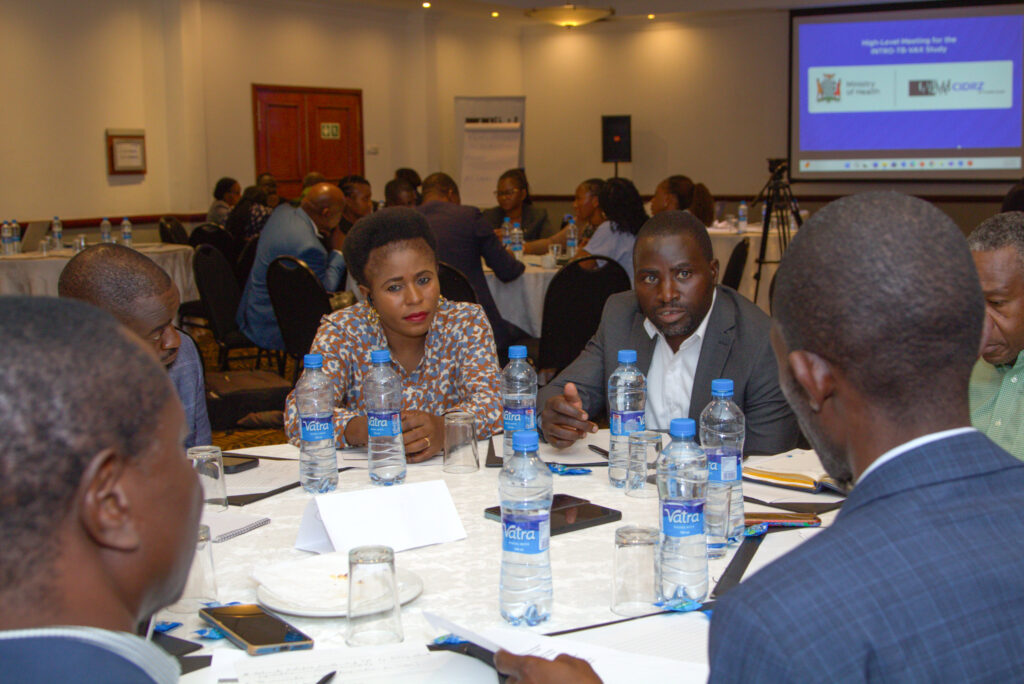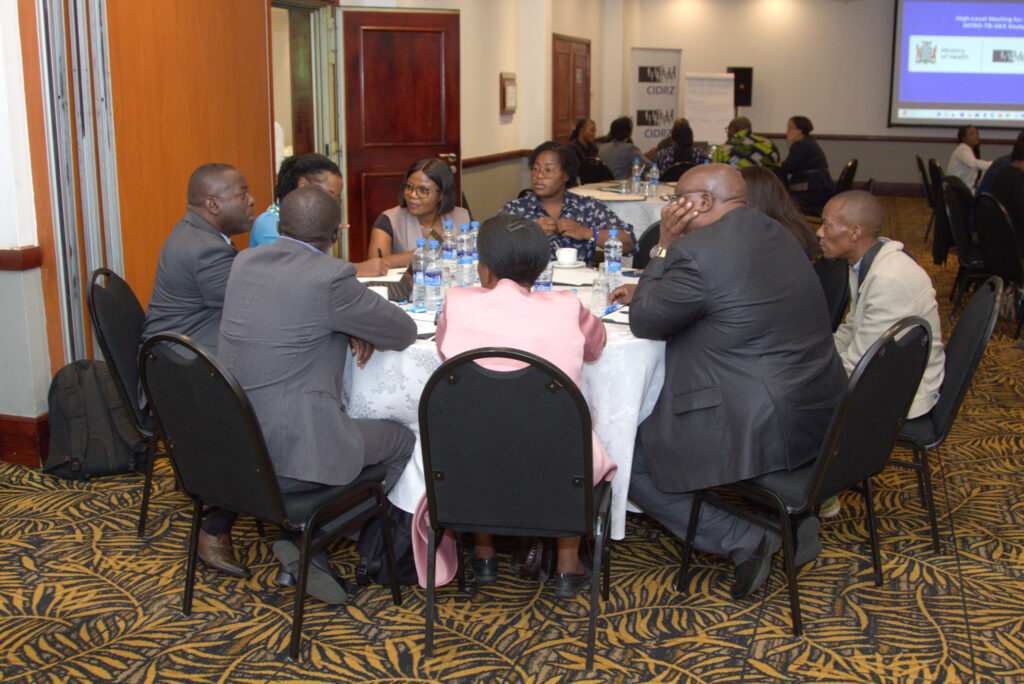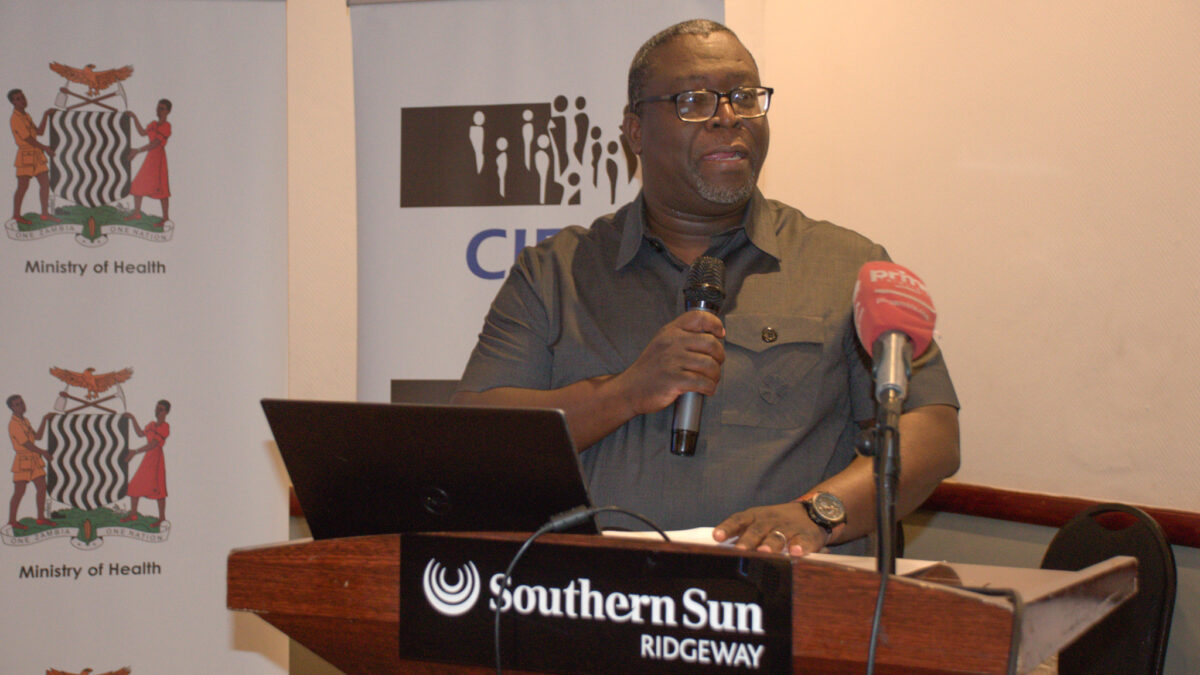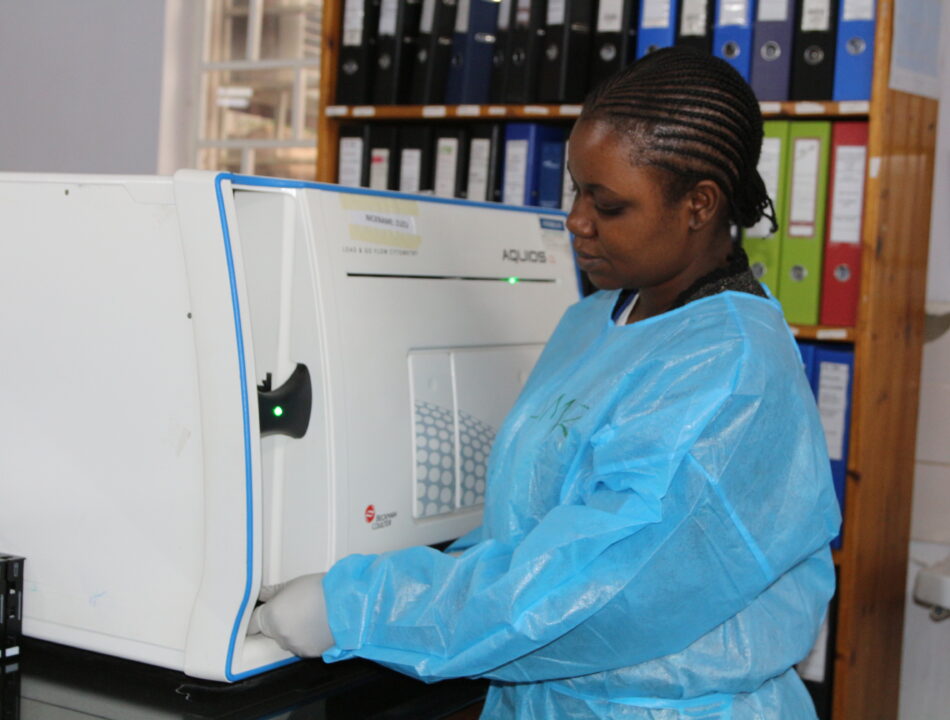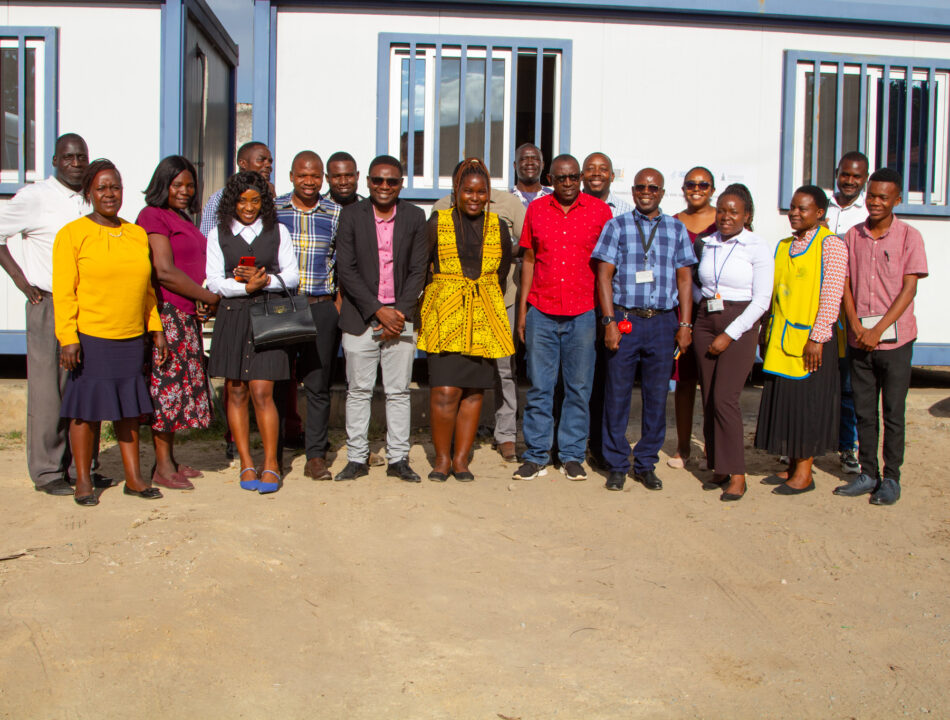Strengthening Vaccine Readiness: CIDRZ and Ministry of Health Engage Stakeholders on INTRO-TB-VAX Study.

Virologic Failure and Drug Resistance after Programmatic Switching to Dolutegravir – based First- Line Antiretroviral Therapy in Malawi and Zambia.
April 30, 2025Strengthening Vaccine Readiness: CIDRZ and Ministry of Health Engage Stakeholders on INTRO-TB-VAX Study.
Despite progress in global immunisation efforts, vaccine uptake, especially among adult populations continues to pose challenges.
Barriers such as misinformation, vaccine hesitancy, limited access, and inadequate community engagement have hindered the successful introduction of new vaccines.
In Zambia, the experience with introducing adult-targeted vaccines highlights the urgent need for robust vaccine preparedness studies.
It is against this backdrop that the Centre for Infectious Disease Research in Zambia (CIDRZ), in collaboration with the Ministry of Health, convened a key stakeholder meeting to introduce the INTRO-TB-VAX Study.
The study, set to be conducted in Copperbelt and Lusaka Provinces, is designed to support the preparation and equitable introduction of future tuberculosis (TB) vaccines.
Funded by the Gates Foundation , the INTRO-TB-VAX Study aims to estimate the relative prevalence of Tuberculosis Infection (TBI) among various populations by testing adults and adolescents in everyday community settings, including markets, churches, schools, clinics, TB-affected households, bars, minibuses, mines, and prisons, using interferon-gamma release assays (IGRAs) and the acceptability, feasibility and potential effectiveness of vaccine delivery at different venues.
Speaking during the meeting Ministry of Health Permanent Secretary for Donor Coordination, Dr George Sinyangwe, emphasised the importance of vaccine readiness.
He highlighted that past experiences with new vaccine introduction, particularly among adult populations, have shown the need for early preparation and community engagement to ensure successful rollout.
Dr Sinyangwe, who was represented by Ministry of Health acting Director of Public Health Dr Matilda Kakungu Simpungwe said the INTRO-TB-VAX study will help prepare the country for the introduction of new TB vaccines by identifying potential barriers and tailoring delivery strategies to the needs of different communities.
“We acknowledge the efforts of institutions like CIDRZ and other partners, both local and international, for their continued commitment to strengthening Zambia’s health research capacity and driving innovation in the TB response,” said Dr Sinyangwe.
And CIDRZ Deputy Chief Executive officer Mr Nana Appiah Qua-Enoo appreciated all stakeholders who participated in the high-level meeting aimed at enhancing Zambia’s readiness for the introduction of a new tuberculosis (TB) vaccine through the INTRO-TB-VAX Study.
Mr Qua- Enoo said the analysis generated from the study will be vital in informing sound policy decisions regarding the optimal scale-up and resource allocation for TB vaccination programmes.
He added that the overarching goal is to optimize the acceptability, feasibility, and sustained delivery of TB vaccines, ensuring they effectively reach and resonate with target beneficiaries, each with their unique preferences.
Zambia remains one of the 30 countries globally with the highest TB burden. Each year, approximately 60,000 people fall ill with TB, with 5,000 dying from the disease.
